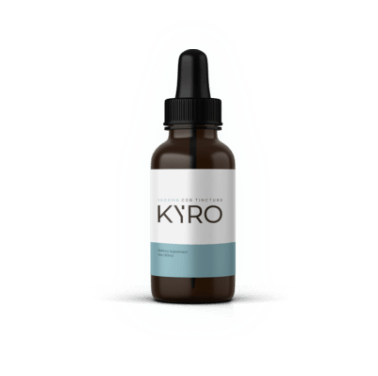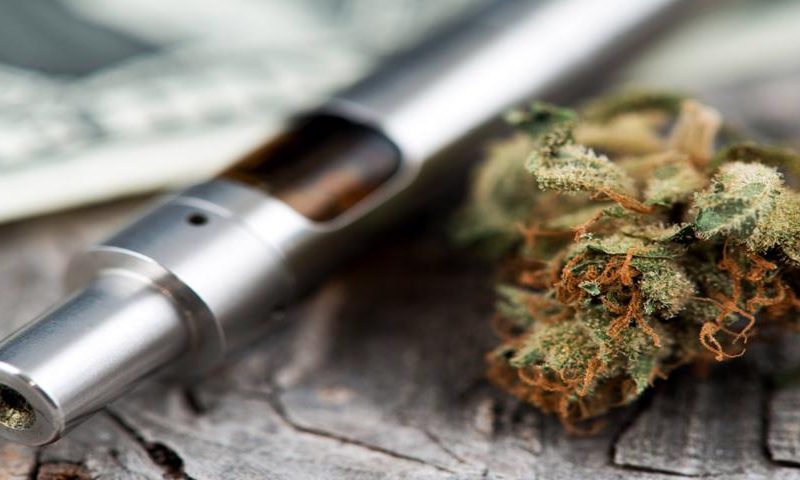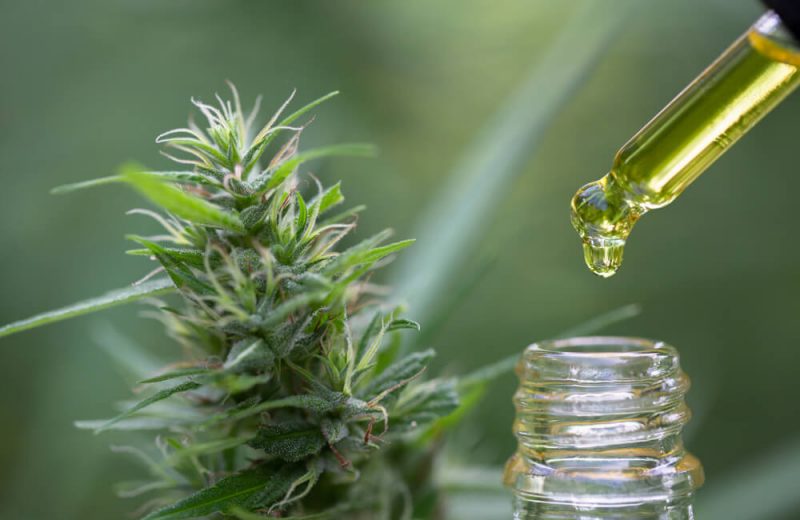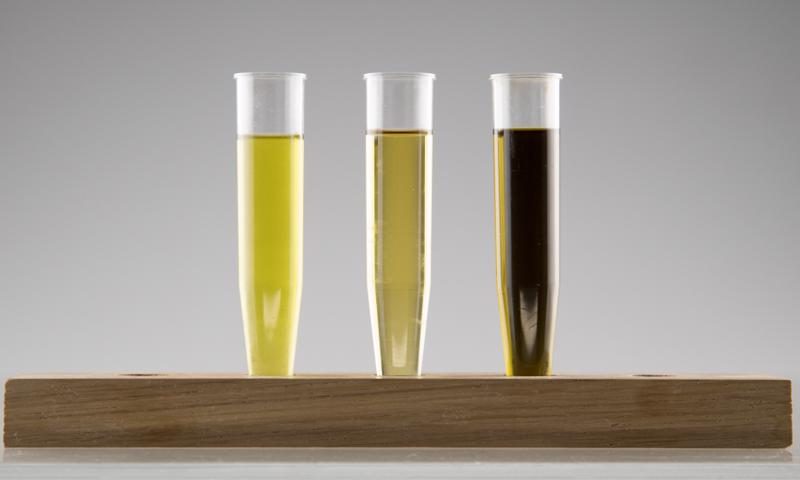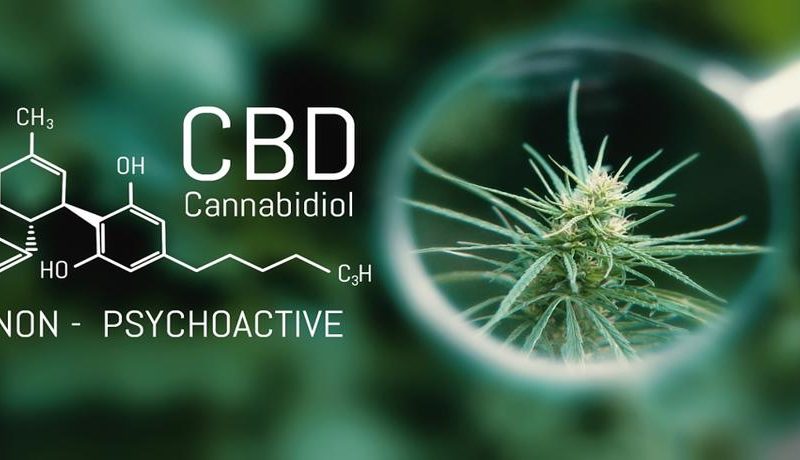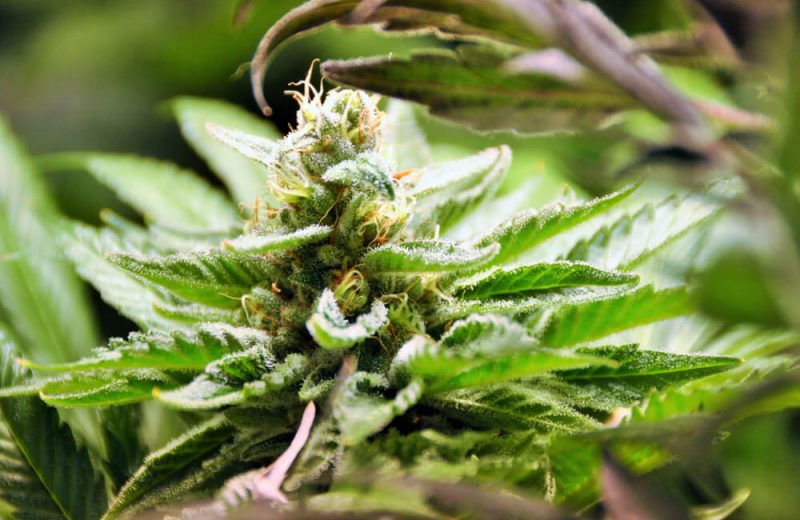CBD (cannabidiol) is a chemical in cannabis plants, also referred to as hemp. More than 80 chemicals, called cannabinoids, are found in cannabis plants.
THC (delta-9-tetrahydrocannabinol) is one of the most famous ingredients in marijuana. However, CBD has usually been obtained from hemp, a cannabis Sativa plant with a small amount of THC.
Cannabidiol seems to have an impact on some chemicals in the brain. Though the effects are different compared to that of THC.
The laws passed in 2018 made it legal to sell hemp and its products in the United States. But this doesn’t mean that every CBD products from hemp are legal.
How CBD Works
Although scientists and researchers are still determining how exactly cannabidiol works, the fact is that it affects the ECS (endocannabinoid system). This cell-signaling system is believed to regulate a few helpful functions in the body, like the production of hormones, memory, immunity, digestion, sleep, and stress.
The body produces millions of natural chemicals referred to as endocannabinoids daily. They bind to CB1 and CB2 receptors to allow you to do things, such as eating and sleeping. When those endocannabinoids are done with their work, enzymes are produced to eliminate them.
In your brain, those endocannabinoids act the same way as neurotransmitters – they convey messages from neuron to neuron. However, instead of sending messages with directives to handle things, they slow down the signaling of the brain.
THC vs. CBD – What is the Difference?
Perhaps you hear a lot about marijuana and cannabis products from marijuana dispensaries they have become legal in many states. Two main natural chemicals are gaining more attention. These include THC and CBD.
Tetrahydrocannabinol (THC) and cannabidiol (CBD) are both in hemp and marijuana. Marijuana has more THC compared to hemp, whereas others have more CBD.
Although CBD and THC have similarities, these compounds have several key differences. For instance, THC and CBD have similar molecular structures.
Though there are some differences in how those molecules are arranged, which are responsible for bringing the dissimilarities. Other differences seen between THC and CBD can be through:
- Sources
- Chemical structure
How the Body Absorbs Cannabidiol
The membrane under your tongue is similar to the gateways to the bloodstream for oil. If you put some drops of CBD oil inside your mouth, it goes straight to the bloodstream without the need to pass through the liver or digestive system first.
That means the cannabidiol compounds won’t be broken down by the enzymes the way they would when they are ingested.
The absorption means that CBD oil takes impact immediately after administration. But this absorption rate means the impacts from entering the body faster don’t last long. With such, various strengths of CBD, such as 2000mg, 1000mg, or 500mg, will have different impacts.
Unlike CBD oil, capsules are usually swallowed. That means they are absorbed in the body differently. Though oil droppers or sprays bypass digestive systems.
Health Benefits
Cannabidiol is said to have many health benefits. Researchers and scientists who support the consumption of cannabidiol say that the product can deal with different health issues, including:
1. Digestive Disorders
CBD products can improve your digestive systems to avoid disorders such as irritable bowel diseases. Stomach-related health conditions may result in diarrhea, vomiting, bloating, constipating, and nausea, among other conditions or symptoms.
Cannabidiol can help to relieve stomach-related disorders. Apart from helping digestive therapies, it helps promote a healthy gut system by maintaining the right conditions for the bacteria in the stomach to flourish. In general, a healthy gut system boosts an individual’s overall health.
2. Depression and Anxiety
Depression and anxiety are both common mental health problems which might devastate well-being and health.
CBD products have shown effectiveness in the treatment of anxiety and depression, making most individuals with the two disorders interested in this approach.
3. Neurodegenerative Disorders
Cannabidiol is a promising product to combat neurodegenerative diseases. Loss of neurons in various parts of the nervous system results in a corresponding decline in motor and cognitive functions.
Conditions like stroke, dementia, and Parkinson’s makes the nerves and brain deteriorate with time. Scientists are continuously studying the brain receptors to uncover ways cannabidiol could help.
Some scientists have indicated how cannabidiol can reduce inflammation. And since inflammation may worsen neurodegenerative disorders, the cannabidiol may promote good brain health via this mechanism.
4. Cancer
There is research supporting the efficiency of cannabidiol in treating symptoms that are associated with cancer treatment, like pain and nausea.
In some recent studies, patients who underwent chemotherapy used cannabidiol and realized that it helps in minimizing the side effects related to chemo, especially nausea feelings. Most patients as well reported that cannabidiol helped to reduce their pain and discomfort.
5. Schizophrenia
Early studies show that cannabidiol can help in treating symptoms related to schizophrenia, including delusions and hallucinations. This is an important finding since traditional medications, which treat schizophrenia usually have very serious side effects, including weight gain and uncontrolled movements.
While scientists haven’t yet understood how cannabidiol works to deal with schizophrenia, some studies show that around 750mg of CBD works as the standard antipsychotic medication therapy, though with a few side effects.
6. Epilepsy
Back in 2018, the FDA approved the first drug called Epidiolex, which contains cannabidiol got, released on the market in order to treat various types of epilepsy, including Lennox-Gastaut syndrome and Dravet syndrome.
The FDA also approved this treatment for patients, including those who are two years old. Some studies as well showed it was an effective treatment compared to a placebo used for minimizing the frequency of seizures.
Concluding Remarks!
Cannabidiol has been studied and analyzed for many years, thanks to its role in minimizing the symptoms of common health issues, like neurological issues and anxiety. Plus, it can greatly benefit heart health and relieve different kinds of pain.
But research to investigate the impacts of cannabidiol on some conditions is still ongoing. And there is a lot to learn regarding the potential use of cannabidiol.

